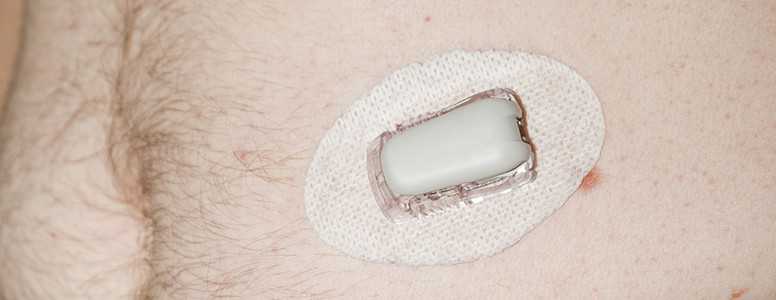Swedish researchers have produced a unique molecular atlas of the genes that are active in the various cells of the human pancreas.
The Karolinska Institutet has used the map to reveal differences in genetic activity between people with type 2 diabetes and those without the condition.
The molecular map can be used to examine the organs of the body in a higher resolution than before, and researchers can isolate individual cells from complex tissue for analysis.
“We hope that our atlas of the pancreas will serve as a catalyst for research into the metabolic diseases that affect it,” said Rickard Sandberg, professor at the university’s Department of Cell and Molecular Biology.
“This is the first time someone has compared normal and morbid pancreatic tissue using this technique.”
The researchers are focusing on the beta cells in the Islets of Langerhans, which are located in the pancreas. The pancreas regulates the body’s metabolism through hormones such as insulin and glucagon.
After an analysis of the genes that were active in certain cell types, the Institutet found that greater gene expression made certain cells more able to gauge the body’s energy balance and hunger through the hormone leptin.
They then compared the pancreases of 10 deceased individuals: six of whom had been healthy and four had died from complications relating to type 2 diabetes.
Using the molecular map, they compared the genetic activity of all cell types and examined if any disease-related changes had occurred.
“Our study indicates that the different endocrinal cells of the pancreas express distinct and unique pattern genes that regulate cellular function, which changes in diabetes,” said Carina Ammala, a researcher at the Integrated Cardio Metabolic Centre.
“It’s now time to start looking for treatments for type 2 diabetes that restore the function of the network of cells that make up the Islets of Langerhans rather than just trying to make the beta cells work harder.”
The findings of this study are published in Cell Metabolism.
What's new on the forum? ⭐️
Get our free newsletters
Stay up to date with the latest news, research and breakthroughs.




